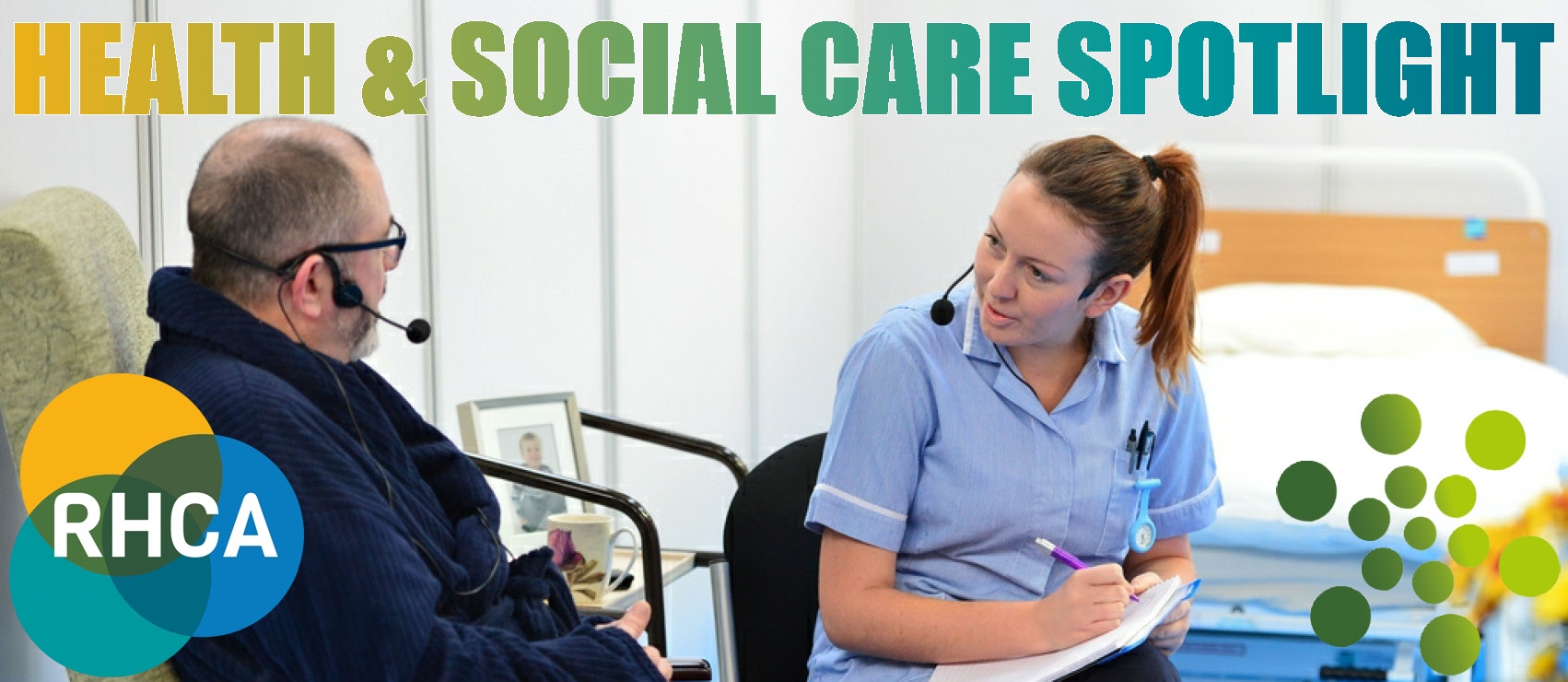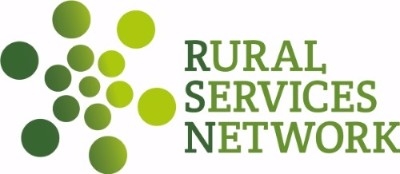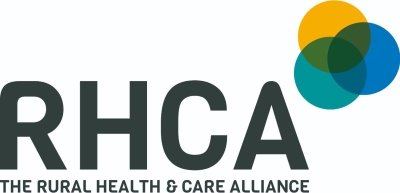T: 01822 851370 E: [email protected]
Visit RSN Survey about life in rural England to find out more.
Health and Social Care Spotlight - August 2019

This newsletter on rural health is provided for the RSN and the Rural Health and Care Alliance
It includes a roundup of rural health news, research, learning and best practice. If you have any information you wish to share with other members of the Alliance or case studies that you think others would benefit from, please let us know!
Please forward to colleagues if they are interested in rural health
|
News stories that have been featured on our rsnonline.org.uk website include: Drug Crime in Rural Communities Domestic Abuse in Rural Areas Families trapped in poverty in Rural Britain Rural Surgery pioneers social prescribing |
|
RSN provide a range of opportunities for colleagues to come together to discuss issues affecting rural health. Member organisations are welcome to attend these events for free. Rural Health and Social Care Meeting Rural Health and Wellbeing Seminar In addition there are upcoming seminars about Rural Health that may be of interest to you. |
|
A (not so) green and pleasant land - what more can be done to tackle fly tipping? The RSN's Observatory is the place to discover the statistics behind key issues facing rural communities in England, issues that the RSN is striving to highlight and tackle through its work. The Observatory is additionally a great place to understand the numbers that define the communities within our membership through an expanding group of analyses, with this body of work soon to be given its own area on the RSN website called Member Insights. |
|
Women in rural areas most at risk of Lyme disease, Express and Star Barbara Windsor dementia plea, Express What I’ve learned as a nurse watching people die in remote rural Scotland, The Guardian Rothbury Hospital inpatient beds to be reinstated, BBC News |
|
Community Lincs is one of our RHCA members. Their vision is to create a Lincolnshire where people are connected, communities thrive and opportunities exist for all. Pym’s Consultancy presented at our recent Health Seminar and are also part of the RHCA. They were established in 2014 to support small businesses and entrepreneurs enter health and care markets in the UK and overseas, increase sales and expand their market presence. They work closely with a number of UK universities, spin-out companies and key influencers across the UK, providing advice, support, mentorship and interim placements for new and established companies, helping decision-making to Board level. |
National Directory of Rural Support GroupsYANA, which provides confidential support, mental health awareness and funding for counselling and Mental Health First Aid Courses for those in farming and rural industries across Norfolk, Suffolk and Worcestershire, is frequently asked if there are similar organisations in other parts of the country. |
 |
What is the Rural Services Network?RSN is a membership organisation and the national champion for rural services, ensuring that people in rural areas have a strong voice. We are fighting for a fair deal for rural communities to maintain their social and economic viability for the benefit of the nation as a whole. Our membership includes over 120 Local Authorities and over 170 rural service provider organisations. |
 |
What is the Rural Health and Care Alliance?The Rural Health & Care Alliance is a membership organisation dedicated to providing news, information, innovation and best practice to those delivering and interested in rural health and care. It has been established through a partnership between the National Centre for Rural Health and Care and the Rural Services Network (RSN) and is affiliated to both the National Centre and the RSN. Members will be kept informed of the National Centre’s activity and the related activity of the RSN on rural health and care and have the opportunity to influence both organisations’ work. |









